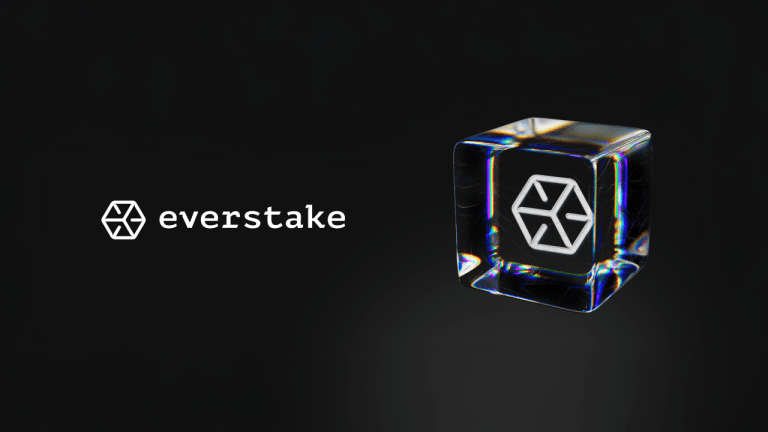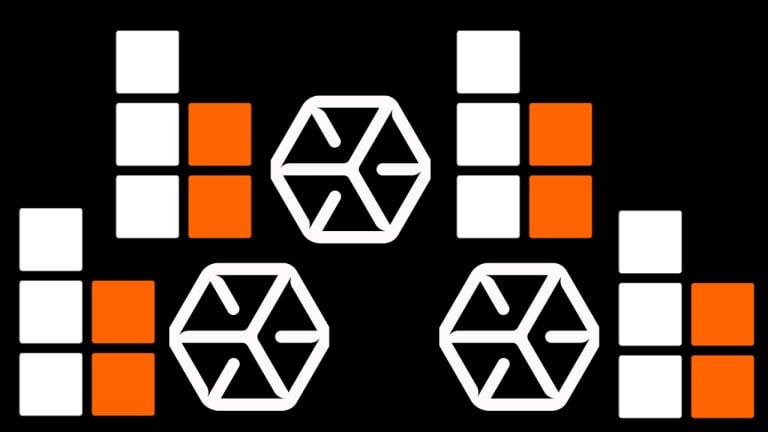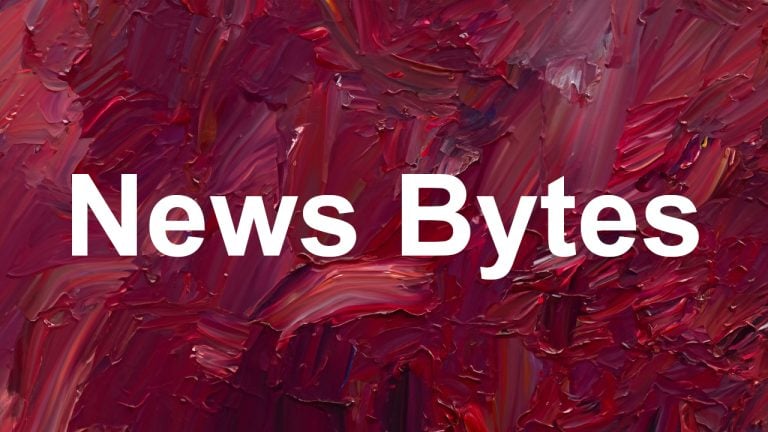 A new research paper published on Ethereum’s community research forum proposes a decentralized system to replace Ethereum’s centralized block-building model, eliminating maximal extractable value (MEV) risks while democratizing participation. Can BFT and Randomization Fix Ethereum’s MEV and Builder Dominance? Ethereum’s current Proposer-Builder Separation (PBS) framework, designed to mitigate MEV concentration, has led to centralization, with […]
A new research paper published on Ethereum’s community research forum proposes a decentralized system to replace Ethereum’s centralized block-building model, eliminating maximal extractable value (MEV) risks while democratizing participation. Can BFT and Randomization Fix Ethereum’s MEV and Builder Dominance? Ethereum’s current Proposer-Builder Separation (PBS) framework, designed to mitigate MEV concentration, has led to centralization, with […] The staking ecosystem is growing rapidly, with rising institutional interest and potential regulatory oversight. Everstake, a blockchain validator, secures over 80 cryptocurrencies and supports some of the industry’s leading networks. In an exclusive interview, Sergey Vasylchuk, Everstake CEO discussed the platform’s origins, the challenges of staking, regulatory developments, and the role of governance in blockchain […]
The staking ecosystem is growing rapidly, with rising institutional interest and potential regulatory oversight. Everstake, a blockchain validator, secures over 80 cryptocurrencies and supports some of the industry’s leading networks. In an exclusive interview, Sergey Vasylchuk, Everstake CEO discussed the platform’s origins, the challenges of staking, regulatory developments, and the role of governance in blockchain […] BOB, also known as “Build on Bitcoin,” has partnered with blockchain service provider Everstake to introduce a one-click bitcoin staking solution. The integration offers access to staking, aiming to appeal to both retail and institutional investors. Everstake to Gradually Roll out BOB’s One-Click Bitcoin Staking According to the announcement, the integration of BOB Stake into […]
BOB, also known as “Build on Bitcoin,” has partnered with blockchain service provider Everstake to introduce a one-click bitcoin staking solution. The integration offers access to staking, aiming to appeal to both retail and institutional investors. Everstake to Gradually Roll out BOB’s One-Click Bitcoin Staking According to the announcement, the integration of BOB Stake into […] Superfast founder Martin Tromp has launched a Solana validator in one of Teraco’s Johannesburg data centers. Solana is a fast, scalable blockchain platform competing with Ethereum. As a proof-of-stake system, validators like Tromp’s play a crucial role in maintaining network security and verifying transactions. Tromp initially launched the validator in Cape Town but moved to […]
Superfast founder Martin Tromp has launched a Solana validator in one of Teraco’s Johannesburg data centers. Solana is a fast, scalable blockchain platform competing with Ethereum. As a proof-of-stake system, validators like Tromp’s play a crucial role in maintaining network security and verifying transactions. Tromp initially launched the validator in Cape Town but moved to […] Ethereum has underperformed bitcoin by 44% since The Merge, according to research from Cryptoquant. Despite significant upgrades and the recent approval of ethereum spot exchange-traded funds (ETFs), the cryptocurrency continues to face challenges relative to bitcoin. Cryptoquant: Ethereum Underperforms Bitcoin by 44% Ethereum’s transition to a proof-of-stake (PoS) blockchain, known as The Merge, took place […]
Ethereum has underperformed bitcoin by 44% since The Merge, according to research from Cryptoquant. Despite significant upgrades and the recent approval of ethereum spot exchange-traded funds (ETFs), the cryptocurrency continues to face challenges relative to bitcoin. Cryptoquant: Ethereum Underperforms Bitcoin by 44% Ethereum’s transition to a proof-of-stake (PoS) blockchain, known as The Merge, took place […]

Bitcoin and Ethereum users are experiencing exceptionally low fees, but why?
Bitcoin and Ethereum users who need to move their funds around can take advantage of low fees in both ecosystems.
The average Bitcoin (BTC) transaction fee hit an eight-month low of $1.93 on June 23. Average Ethereum fees were $0.70 on June 22, comparing favorably to highs of $2.50 as recently as March.
Vitali Dervoed, CEO and co-founder of the onchain decentralized exchange Spark, told Cointelegraph:

Block times can also be adjusted as desired. The root mainnet shard features an average block time of just two seconds.
Blockchain network Zilliqa has officially released the white paper and roadmap for its highly anticipated version 2.0 upgrade, which will deploy on the mainnet later in 2024.
According to the network, the new version promises to improve the platform, making it faster, more efficient and capable of working with other blockchain networks.
At Zilliqa 2.0’s core is its sharding architecture, called x-shards. This feature allows businesses and developers to create customized blockchain experiences tailored to their needs, enabling users to build whatever they envision on the Zilliqa platform.
 Tezos, a blockchain known for its onchain governance system, has activated its 16th protocol upgrade, Paris, on mainnet on June 4th, 2024. This upgrade introduces the Data Availability Layer (DAL), which boosts Layer 2 throughput and unlocks new use cases in gaming, ticketing, and services requiring high-speed transactions. The upgrade also reduces block times to […]
Tezos, a blockchain known for its onchain governance system, has activated its 16th protocol upgrade, Paris, on mainnet on June 4th, 2024. This upgrade introduces the Data Availability Layer (DAL), which boosts Layer 2 throughput and unlocks new use cases in gaming, ticketing, and services requiring high-speed transactions. The upgrade also reduces block times to […] Similar to Bitcoin’s onchain fees, the cost of transacting on the Ethereum network has recently seen a significant decline. Over the previous 68 days, since March 5, 2024, Ethereum’s network fees have fallen by 93.7%, from $30.33 per transfer to $1.91 per transaction. Declining Ethereum Fees: A 68-Day Overview Transacting on the Ethereum blockchain has […]
Similar to Bitcoin’s onchain fees, the cost of transacting on the Ethereum network has recently seen a significant decline. Over the previous 68 days, since March 5, 2024, Ethereum’s network fees have fallen by 93.7%, from $30.33 per transfer to $1.91 per transaction. Declining Ethereum Fees: A 68-Day Overview Transacting on the Ethereum blockchain has […] Consensys has told the U.S. Securities and Exchange Commission that Ethereum’s proof of stake implementation “meets and even exceeds the security of Bitcoin’s Proof of Work (PoW).” The blockchain software company said the commission should recognize the advanced safeguards inherent in Ethereum’s design which exceed the “security and resilience safeguards underlying bitcoin-based exchange-traded products.” The […]
Consensys has told the U.S. Securities and Exchange Commission that Ethereum’s proof of stake implementation “meets and even exceeds the security of Bitcoin’s Proof of Work (PoW).” The blockchain software company said the commission should recognize the advanced safeguards inherent in Ethereum’s design which exceed the “security and resilience safeguards underlying bitcoin-based exchange-traded products.” The […]